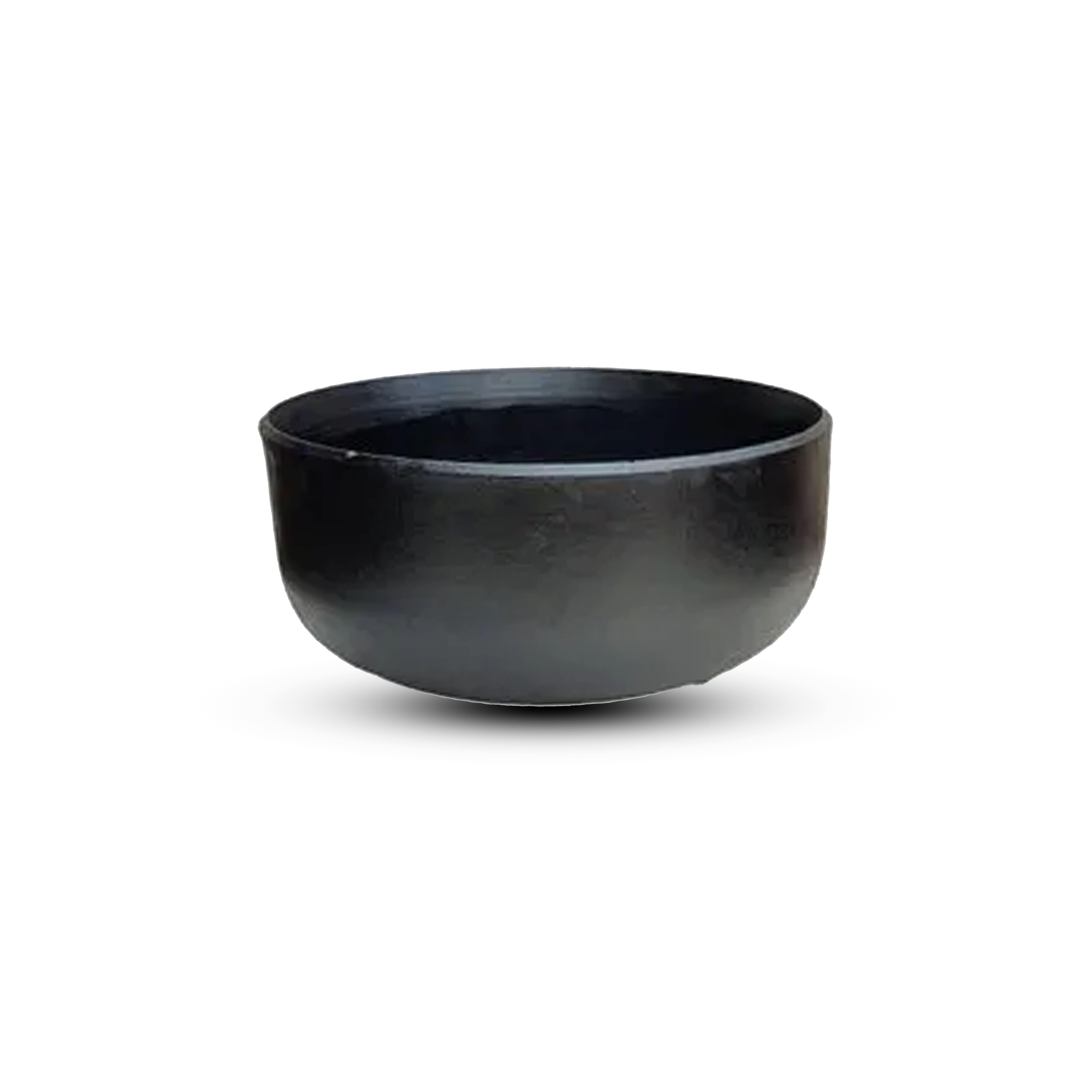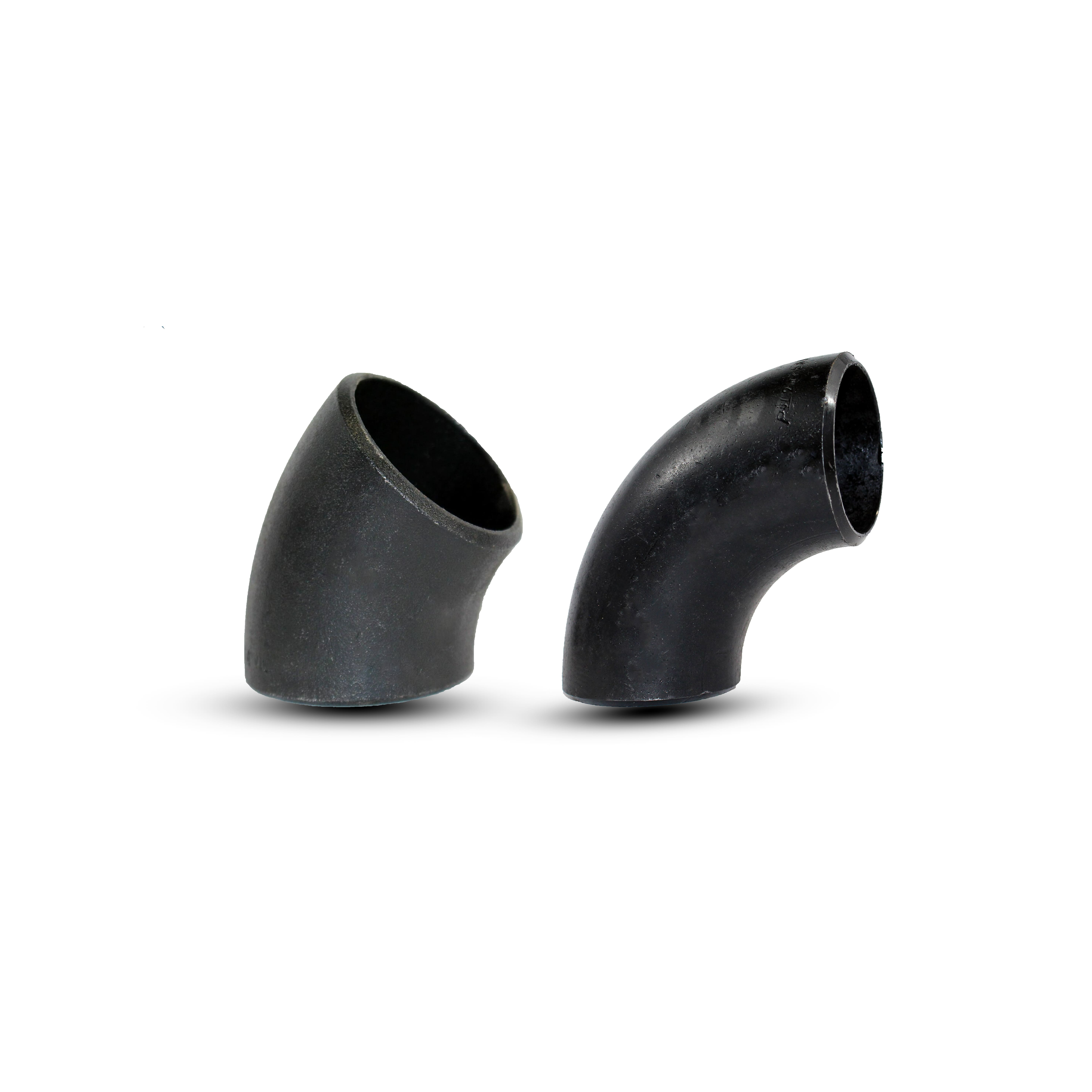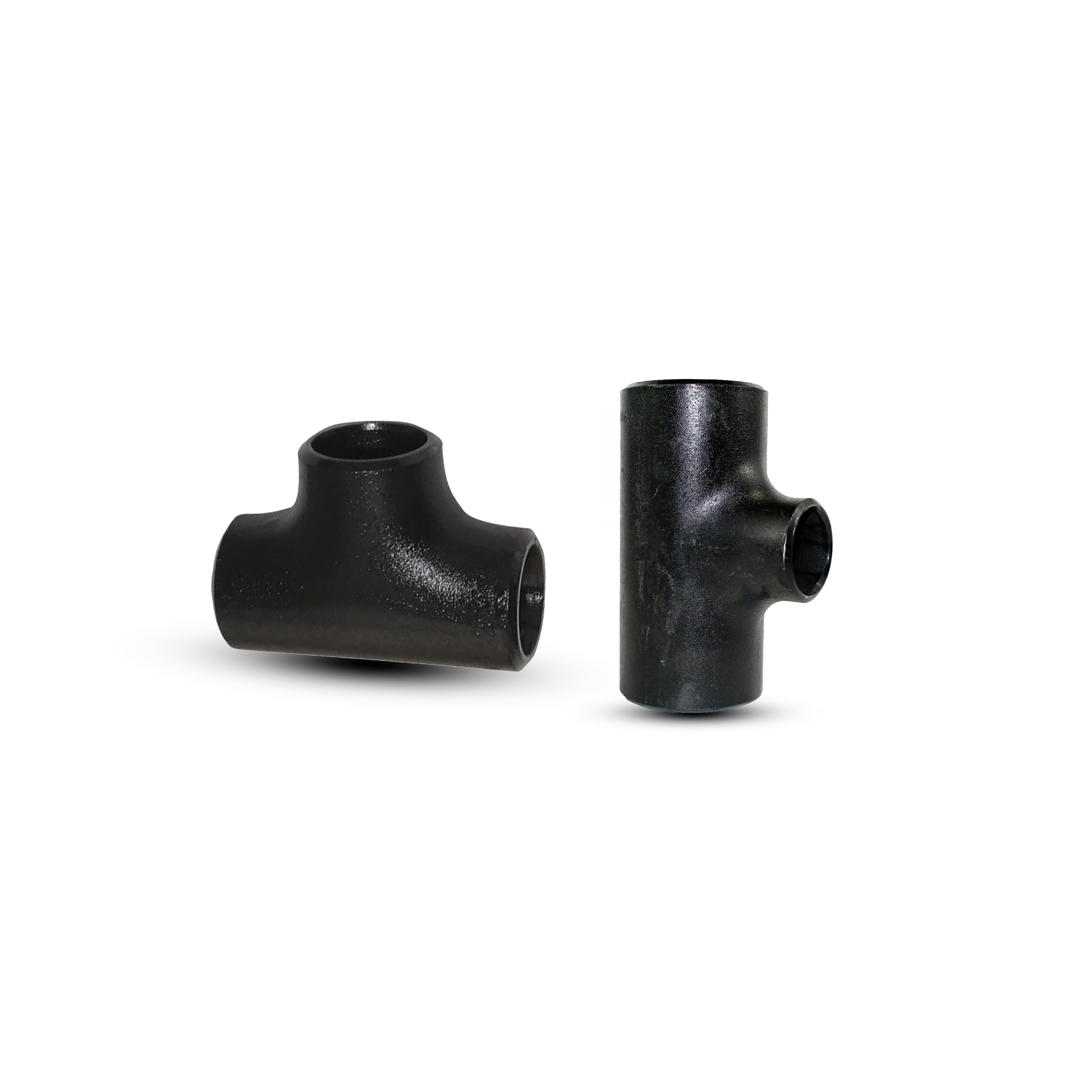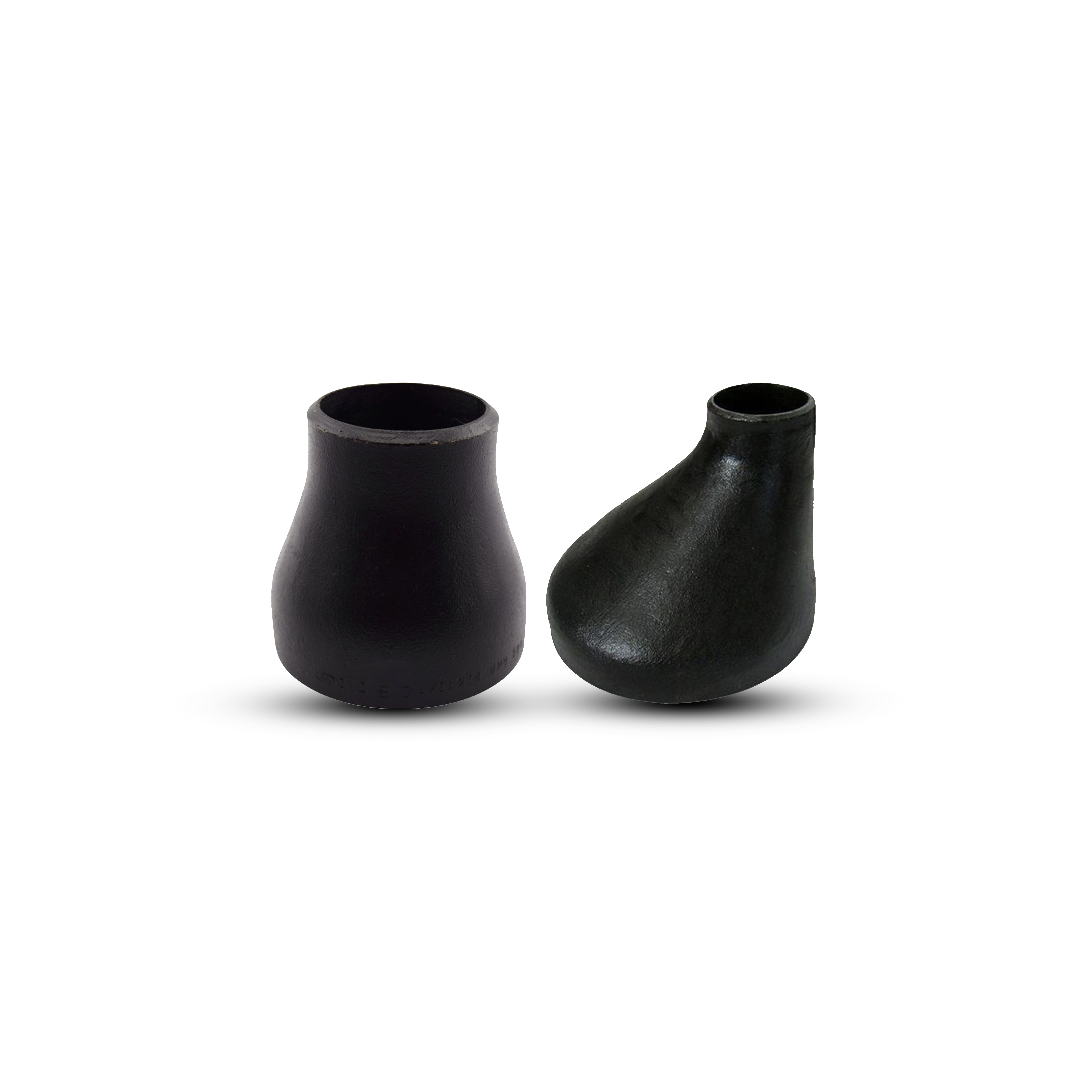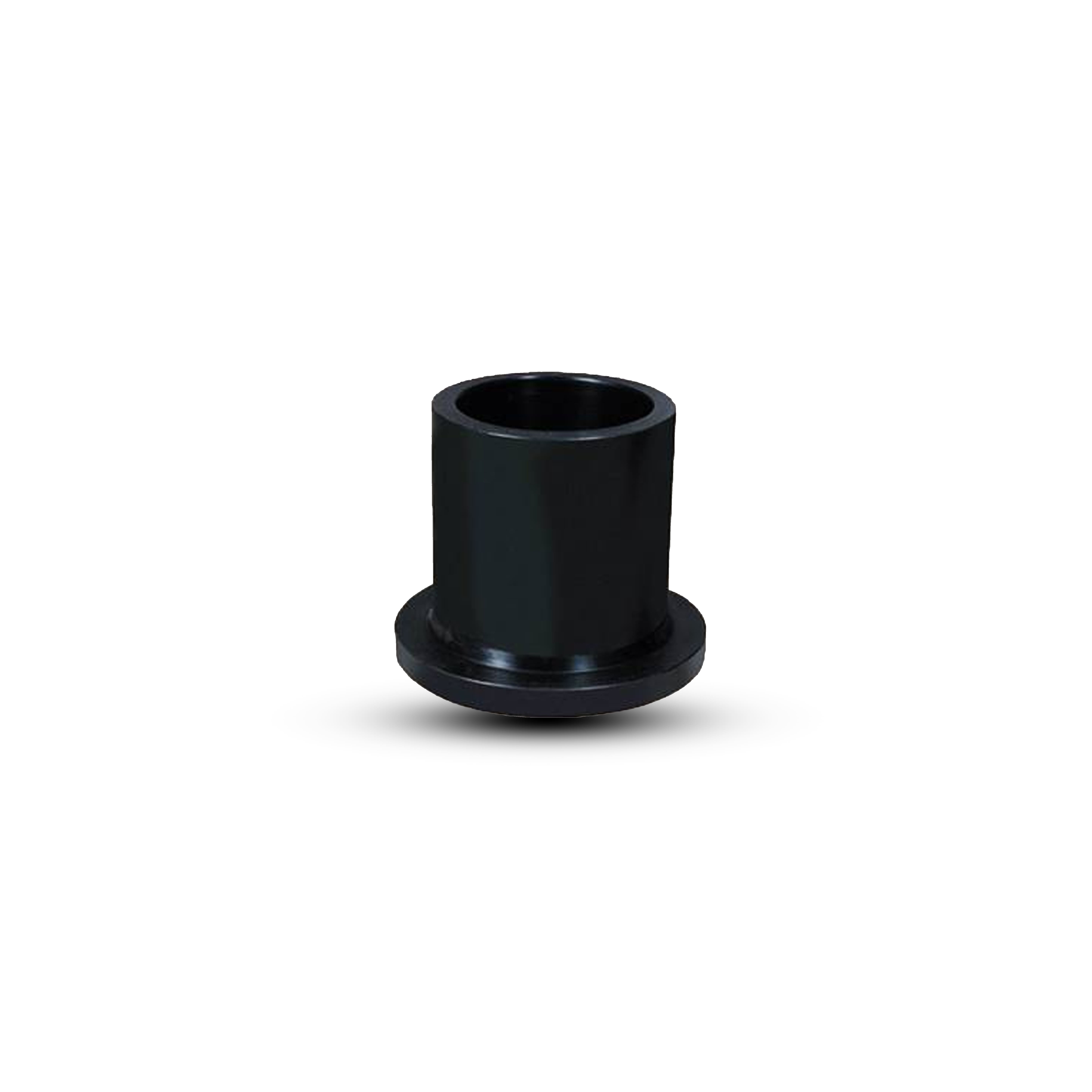Carbon Steel Seamless Buttweld Fittings
Home - Carbon Steel - Carbon Steel Seamless Buttweld Fittings
Carbon Steel Seamless Buttweld Fittings
EBY Fasteners' carbon steel seamless butt weld fitting is designed to deliver exceptional reliability in critical piping applications. Their seamless construction, achieved through a meticulous extrusion process, eliminates potential weak points inherent in welded joints. This translates to superior structural integrity, ensuring leak-proof performance even under extreme pressures, fluctuating temperatures, and corrosive conditions
The Versatility of Carbon Steel Seamless Buttweld Fitting
Seamless butt weld fitting offers distinct advantages for demanding industrial applications. Their seamless construction eliminates weld zones, making them incredibly strong and able to withstand significantly higher internal pressures. This minimized welding also reduces susceptibility to corrosion, promoting long-term reliability even in harsh environments. These features make seamless fitting ideal for handling high-value, hazardous, or high-purity fluids and gasses where leaks pose unacceptable risks
- Low Carbon Steel Seamless Buttweld Fitting (Mild Steel) : It contains 0.05% to 0.25% carbon.Prioritizing ductility and weldability, this grade is perfect for general fabrication, structural elements, and less demanding piping systems
- Medium Carbon Steel Seamless Buttweld Fitting : This grade features a higher carbon content (0.26% to 0.60%). Striking a balance between strength, hardness, and ductility, this versatile grade is often heat-treated for enhanced properties, making it ideal for applications requiring increased pressure ratings and load-bearing capacity
- High Carbon Steel Seamless Buttweld Fitting : High carbon steel seamless Buttweld fitting contains 0.61% to 1.50% carbon. Engineered for maximum hardness, strength, and wear resistance, these fitting are the preferred choice in heavy-duty piping systems exposed to abrasive fluids or extreme conditions
Technical Specifications
- ASME B16.9 : This standard establishes comprehensive requirements for factory-made butt weld fitting, including dimensional specifications, tolerances, pressure-temperature ratings, and material guidelines. Adherence to ASME B16.9 ensures seamless butt weld fitting are compatible and structurally sound within piping systems
- ASTM A234 : This standard covers seamless carbon steel fitting and designates chemical composition limits, mechanical properties (strength, ductility), and testing procedures. ASTM A234 compliance means seamless butt weld fitting possesses the necessary toughness and performance characteristics for their intended applications
- ASME B16.28 : This standard details dimensional requirements, tolerances, and specifications specifically for short radius elbows and returns made from carbon steel
- MSS SP-43 : While focused on stainless steel, this standard provides dimensional specifications relevant to carbon steel butt weld fitting. Following MSS SP-43 promotes consistency and interchangeability within piping systems
- MSS SP-75 : This standard governs dimensions, tolerances, and pressure ratings of high-pressure butt weld fitting. It's crucial for carbon steel seamless butt weld fitting used in demanding applications with high-pressure requirements
Customized Carbon Steel Seamless Buttweld Fitting as per project's specific requirements
- Mild Steel (Low Carbon Steel) Seamless Buttweld Fitting : This grade contains 0.05% to 0.25% carbon for excellent ductility and weldability. Manganese is present at 0.25% to 0.90%, and silicon at 0.15% to 0.40%. Sulfur and phosphorus content is strictly limited to a maximum of 0.050% and 0.040%, respectively
- Medium Carbon Steel Seamless Buttweld Fitting : This grade features a higher carbon content (0.26% to 0.60%), contributing to increased strength and hardness. Manganese levels range from 0.60% to 1.65%, while silicon is found between 0.15% and 0.60%. Sulfur and phosphorus remain limited to a maximum of 0.050% and 0.040%
- High Carbon Steel Seamless Buttweld Fitting : For maximum hardness, strength, and wear resistance, high carbon steel fitting contain 0.61% to 1.50% carbon. Manganese content typically ranges from 0.30% to 0.90%, and silicon can be present up to 0.60%. Sulfur and phosphorus are again strictly controlled to a maximum of 0.050% and 0.040%.
- Properties for Low Carbon Steel Seamless Buttweld Fitting : These fitting prioritize ductility and weldability. They have a tensile strength of 60,000 psi, meaning they can withstand significant forces before breaking. Their yield strength of 35,000 psi indicates the stress level at which they will begin to permanently deform. With an elongation of 30%, they can stretch considerably before failure, making them suitable for applications requiring easy shaping and fabrication
- Properties for Medium Carbon Steel Seamless Buttweld Fitting : This grade offers a balance of strength, hardness, and ductility. These fitting boast a higher tensile strength of 75,000 psi and a yield strength of 45,000 psi compared to low carbon steel. This translates to increased resistance to breakage and deformation under load. Their elongation of 25% indicates they still possess a good level of ductility, though less than low carbon steel fitting
- Properties for High Carbon Steel Seamless Buttweld Fitting : These fitting are designed for maximum strength and hardness. They can have tensile strengths of 90,000 psi or higher, making them incredibly resistant to breaking. Their yield strength may reach 60,000 psi or higher, signifying their ability to withstand substantial loads without permanent deformation. However, their lower elongation (15% or less) means they are less ductile and more difficult to shape compared to lower carbon grades
- Schedule 40 : This is a standard-weight pipe schedule suitable for many general-purpose piping applications. It offers a balance of strength, cost-effectiveness, and weight. Schedule 40 pipes and fitting are commonly used in building systems, utility lines, and less demanding industrial processes
- Schedule 80 : This schedule signifies a thicker wall than Schedule 40, resulting in a higher pressure-handling capacity. Schedule 80 pipes and fitting are often chosen for applications with higher pressures, temperatures, or where additional strength and durability are required
- Schedule 160 : This schedule represents an even thicker pipe wall compared to Schedule 80, designed for high-pressure and demanding applications. Schedule 160 pipes and fitting might be found in process industries, power generation, or where heavy-duty piping is necessary
Mechanical Standards
Key Standards Organizations
- ASTM International : A leading developer of standards for materials, including carbon steel. ASTM standards cover mechanical testing procedures to ensure product quality and establish key properties like strength, ductility, and hardness
- American Society of Mechanical Engineers (ASME) : ASME focuses on components within pressure vessels, piping systems, and related applications. Their standards often include specifications for carbon steel materials and dictate required mechanical properties to guarantee performance within these systems
- International Organization for Standardization (ISO) : ISO establishes global standards relevant to the mechanical testing of steel. These ensure consistent test methods and results, facilitating international trade and collaboration
Important ASTM Standards for Mechanical Properties
- ASTM A234 : Standard Specification for Moderate and High-Temperature Service. This is the primary standard for seamless butt weld fitting. It defines chemical composition ranges for various carbon steel grades and establishes minimum requirements for tensile strength, yield strength, and elongation
- ASTM A960/A960M : Standard Specification for Steel Pipe Fitting. While broader in scope, this standard may include mechanical property and testing requirements relevant to seamless butt weld fitting
- ASTM E8/E8M, ASTM E18, ASTM E10 : These standards, referenced by others like ASTM A234, detail procedures for mechanical testing
Additional Relevant Standards
- ASTM E8/E8M : Tension testing
- ASTM E18 : Rockwell hardness testing
- ASTM E10 : Brinell hardness testing


